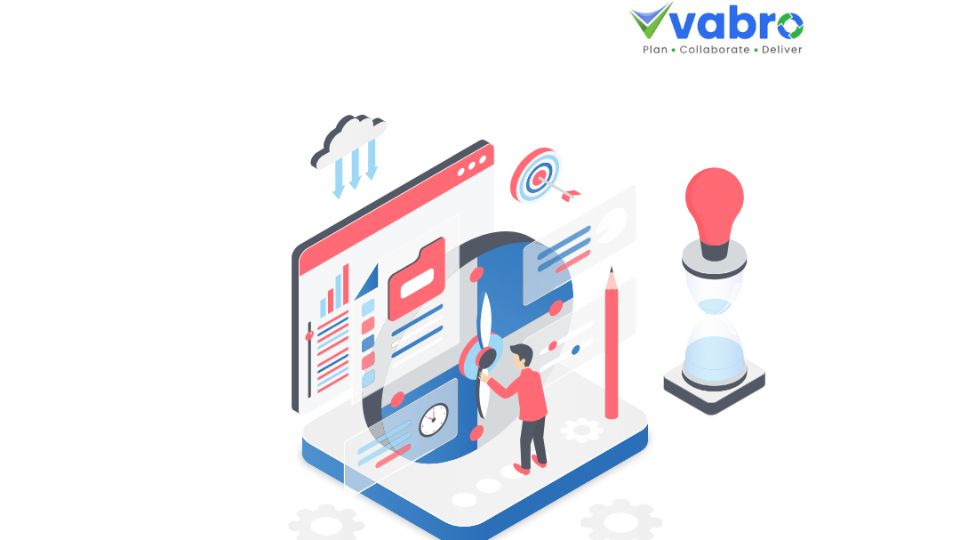Using Project Management Tools to Support ITIL Practices in DevOps
ITIL (Information Technology Infrastructure Library) and DevOps are two distinct frameworks in IT service management and software development. ITIL focuses on the management of IT services, while DevOps seeks to improve collaboration between development and operations teams to enhance software delivery. While they come from different backgrounds, combining ITIL practices with DevOps can lead to improved operational efficiency, faster delivery, and better service management. One of the key enablers for this integration is the use of project management tools.
1. Incident Management
Incident management is a core ITIL practice aimed at restoring normal service operation as quickly as possible following an interruption. Project management tools like Jira Service Management and ServiceNow can help DevOps teams efficiently track and resolve incidents. These tools provide capabilities such as automated ticketing, prioritization, and collaboration features, ensuring that DevOps teams can respond to incidents quickly and effectively.
- Jira Service Management integrates with development tools (such as Jira Software), making it easier for DevOps teams to work collaboratively on incident tickets, track progress, and communicate updates seamlessly.
- ServiceNow offers ITIL-based service management, automating workflows related to incident resolution and integrating incident tracking with change and release management.
2. Change Management
In ITIL, change management ensures that changes to the system are made in a controlled and efficient manner to minimize the risk of disruption. Project management tools, especially Jira Software and GitLab, support DevOps teams by integrating change management processes with their workflows. These tools can automatically track and approve changes, as well as manage deployments and rollbacks.
- Jira Software enables teams to manage and track changes from development through testing and deployment. Changes can be linked to incidents or problems, ensuring traceability.
- GitLab, with its integrated CI/CD pipelines, allows DevOps teams to automatically deploy approved changes, reducing the manual effort required and minimizing the risk of errors.
By integrating change management within project management tools, teams can ensure that every change is properly documented, approved, and tracked.
3. Problem Management
Problem management in ITIL helps identify the root causes of incidents and prevent them from recurring. DevOps teams can leverage Trello, Asana, and Monday.com to track problem management tasks. These tools allow teams to create task boards that help visualize and organize their efforts to resolve recurring issues.
- Trello and Monday.com provide visual boards and task-tracking features, making it easy to assign and monitor problem resolution tasks across teams.
- Asana offers project templates for IT operations and problem management, allowing teams to quickly identify recurring issues and assign them to the relevant team members for resolution.
4. Service Continuity Management
Service continuity management ensures that IT services can continue to operate in the event of a disaster or failure. Project management tools like Trello or Jira can help DevOps teams document and track disaster recovery plans and business continuity strategies.
- Jira can be used to create detailed action plans with clearly defined tasks, deadlines, and responsibilities for continuity management.
- Trello offers customizable boards for teams to visually manage continuity and disaster recovery tasks, ensuring that the team is prepared for unforeseen events.
5. Release Management
Release management in ITIL focuses on the planning, scheduling, and controlling of software releases. In DevOps, tools like Jira, GitLab, and Azure DevOps can assist in managing release cycles. These tools support continuous integration, testing, and deployment pipelines that align with ITIL’s release management best practices.
- GitLab provides an integrated CI/CD pipeline to automate and manage software releases, allowing teams to deploy code changes faster and more reliably.
- Azure DevOps allows for the planning, testing, and deployment of software releases while integrating with project management tools to track progress, approvals, and issues.
6. Knowledge Management
Knowledge management involves capturing, organizing, and sharing information to improve decision-making and prevent incidents from recurring. Tools like Confluence, Trello, and Notion are used by DevOps teams to document solutions, FAQs, and best practices.
- Confluence integrates seamlessly with Jira, enabling teams to create knowledge bases linked to incidents, problems, and changes for future reference.
- Notion is a flexible tool for creating and managing knowledge repositories that can be accessed by all team members to improve knowledge sharing.
7. Automation
Automation is crucial for DevOps, and integrating it with ITIL practices enhances efficiency. Tools like Zapier, Trello, and Jira Automation allow for the automation of repetitive tasks such as ticket creation, notifications, and task assignments, helping to align ITIL and DevOps processes.
- Zapier integrates a wide range of apps, automating actions based on predefined triggers (e.g., creating a Jira ticket when a specific event occurs).
- Jira Automation enables teams to create custom automation rules to streamline workflows such as issue transitions, notifications, and escalations.
Conclusion
The integration of ITIL practices with DevOps frameworks can drive efficiency and improve service delivery. Project management tools play a crucial role in this integration by enabling smooth tracking, documentation, collaboration, and automation. Tools like Jira Service Management, ServiceNow, GitLab, and Confluence provide the functionality needed to support ITIL processes in a DevOps environment. These tools help teams manage incidents, changes, releases, and knowledge effectively, ensuring that both ITIL and DevOps practices work seamlessly together.
By leveraging the right tools, remote DevOps teams can not only automate their workflows but also ensure that ITIL practices for incident, change, and problem management are adhered to, leading to improved IT service quality and operational excellence.
